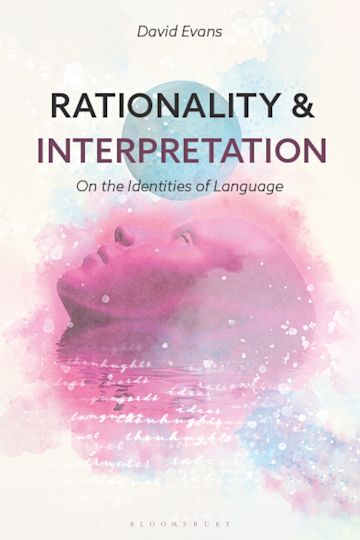This product is usually dispatched within 3 days
Free US delivery on orders $35 or over
You must sign in to add this item to your wishlist. Please sign in or create an account
Taking a unique approach which combines sociolinguistics with theoretical linguistics, this book presents a view of language and grammar as both a cognitive and socio-cultural phenomena.
Beginning with Bakhtin's theories of conceptual grammar and lexico-grammar, this book encompasses a broad philosophical range, engaging with the ideas of key figures such as Bergson, Chomsky, Derrida and Wittgenstein. Drawing on their work, it investigates how language progresses from an inner reflection of the rational mind to develop social and ideological aspects as it interacts with culture. In doing so, it shows how identity is unitary and rational at the linguistic core whilst multiple social identities are simultaneously shaped by linguistic differences at the cultural peripheries.
Encompassing theoretical linguistics, cognitive linguistics, discourse analysis, multilingualism, sociolinguistics and semiotics, Rationality and Interpretation demonstrates how the different branches of linguistics can complement each other and highlights the socio-cultural influences of language development, as well as how language development is shaped by those influences.
| Published | Apr 18 2024 |
|---|---|
| Format | Paperback |
| Edition | 1st |
| Extent | 192 |
| ISBN | 9781350198876 |
| Imprint | Bloomsbury Academic |
| Dimensions | 9 x 6 inches |
| Publisher | Bloomsbury Publishing |
This exciting and challenging volume draws together David Evans's many years' experience as an educator and scholar. He argues that language is a form of rationality that is shaped by multiple cultural contexts. His thesis is defended with erudition supported by many fascinating illustrations taken from different languages.
Kevin Williams, Institute of Education, Dublin City University, Ireland
In this invaluable, ground-breaking book, David Evans embarks upon an ambitious journey of reconciliation. He successfully brings together seemingly incompatible factions, identifies their strengths, and explores the commonalities in their diversity. He then constructs a vision for harmonious and symbiotic co-existence that has great potential for the field of linguistics.
Robert Adamson, University of Nottingham Ningbo, China
Free US delivery on orders $35 or over
Your School account is not valid for the United States site. You have been logged out of your account.
You are on the United States site. Would you like to go to the United Kingdom site?
Error message.

